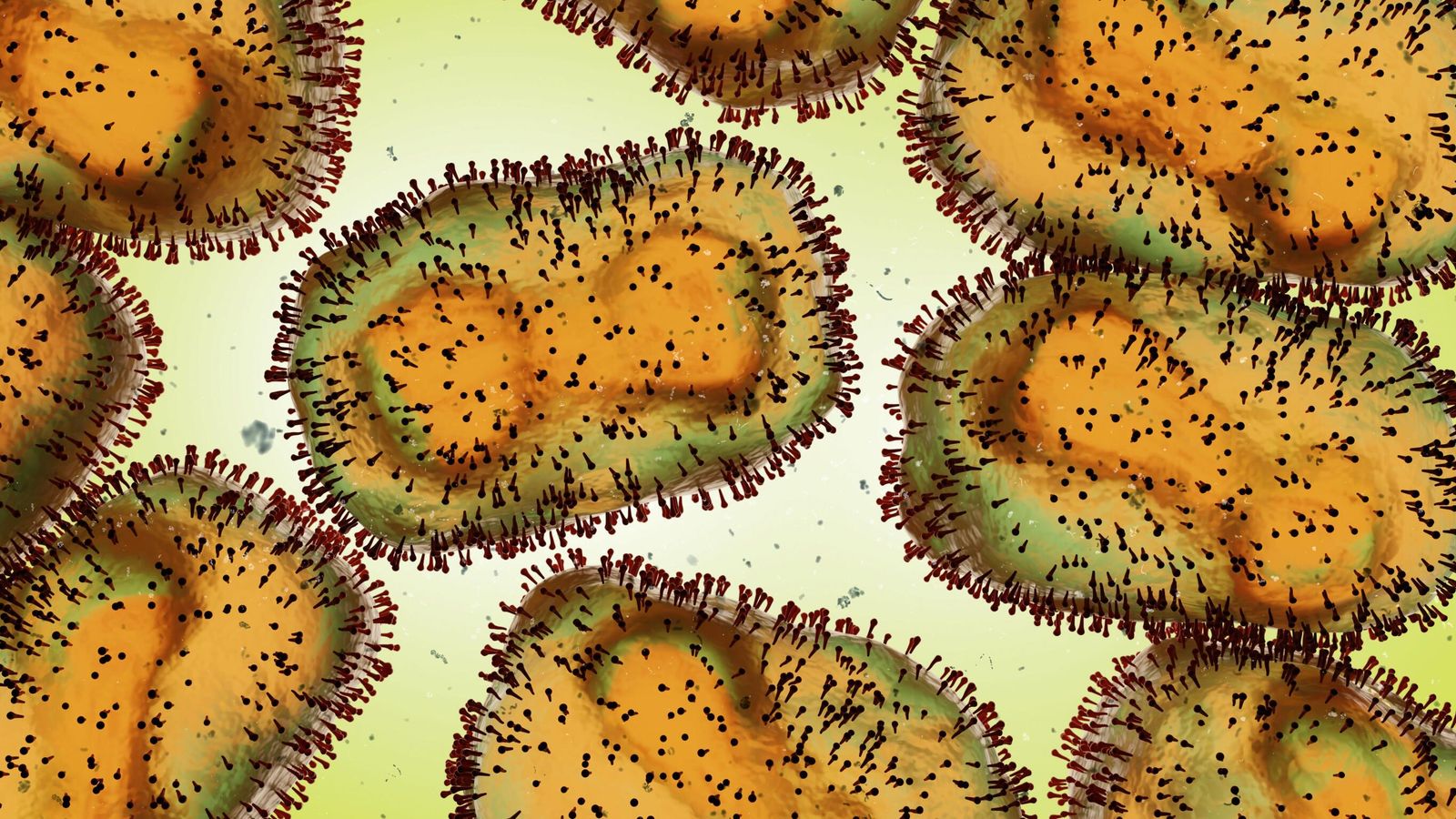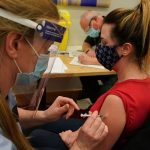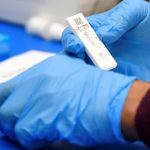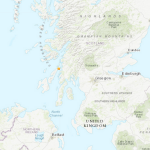Another 36 monkeypox cases have been detected in the UK, taking the total to 56.
All the new infections are in England, while Scotland announced its first case earlier today.
Health officials said that while the outbreak is “significant and concerning”, the risk to the UK population remains low.
It comes as experts on the continent warned the rare virus could become endemic in Europe.
How is it spread? How big a worry is it? Ask a question for live monkeypox Q&A
At least 85 confirmed cases have been identified in eight EU countries, including Belgium, France, Germany, Italy, Netherlands, Portugal, Spain, and Sweden, between 15 and 23 May.
The UK Health Security Agency has warned that high-risk close contacts of confirmed monkeypox cases should self-isolate for 21 days.
Monkeypox is ‘particularly nasty’ – but unlikely we’ll see anything on scale of COVID, expert says
Monkeypox: First case in Scotland confirmed taking UK total to at least 21 – with more expected
Monkeypox spreading in UK through community transmission, with new cases identified ‘daily’, says senior doctor
A large proportion of cases has been identified in the gay, bisexual and men who have sex with other men community.
Monkeypox is not normally a sexually-transmitted infection, but it can be passed on by direct contact during sex.
It can also be spread through touching clothing, bedding or towels used by someone with the monkey rash, and through the coughs and sneezes of somebody with the infection.
Monkeypox has not previously triggered widespread outbreaks beyond Africa, where it is endemic in animals.
Dr David Heymann, who chairs a World Health Organisation (WHO) expert group, has described the unprecedented outbreak in Europe as “a random event” that might have been spread by sexual transmission among gay and bisexual men at two raves held in Spain and Belgium.
Please use Chrome browser for a more accessible video player
Read more:
What do we know about the UK’s biggest-ever outbreak of monkeypox?
How do you catch it, what are the symptoms, and how easily does it spread?
The UK government has ordered in several thousand doses of the smallpox vaccine, understood to be about 85% effective against monkeypox. It is offering the jab to very close contacts of those who have been affected.
Public health officials in Scotland have stockpiled a “small number” of shots.
‘Mild disease symptoms’
The European Centre for Disease Prevention and Control (ECDC) said most of the cases in Europe have “mild disease symptoms” and are among men who have sex with men, with the likelihood of spread among the broader population “very low”.
But the ECDC director, Andrea Ammon, warned: “The likelihood of further spread of the virus through close contact, for example during sexual activities among persons with multiple sexual partners, is considered to be high.”
The centre warned that if human-to-animal transmission occurs, and the virus spreads in an animal population, there is a risk the disease could become endemic in Europe.
It urged close collaboration between human and veterinary public health authorities to manage exposed pets and prevent the disease from being transmitted to wildlife.
The ECDC also warned monkeypox can cause severe disease in certain population groups, such as young children, pregnant women and immunosuppressed people.
Please use Chrome browser for a more accessible video player
The World Health Organisation said it does not have evidence that monkeypox has mutated, adding the infectious disease which is endemic in west and central Africa has tended not to change.
Rosamund Lewis, head of the smallpox secretariat which is part of the WHO Emergencies Programme, said mutations are typically lower with this virus, although genome sequencing of cases will help experts understand the outbreak.
Belgium has reportedly introduced a 21-day quarantine for those who contract monkeypox after four infections were recorded in the country.
Early signs
Initial symptoms include fever, headache, muscle aches, backache, swollen lymph nodes, chills and exhaustion.
A rash can develop, often beginning on the face, then spreading to other parts of the body including the genitals.
The rash changes and goes through different stages, and can look like chickenpox or syphilis, before finally forming a scab, which later falls off.
The ECDC said infected persons should remain isolated until scabs fall off and should especially avoid close contact with immunosuppressed people and pets.
Abstaining from sexual activity and close physical contact is also advised until the rash heals. Most cases can remain at home with supportive care, it added.
Close contacts of monkeypox cases should self-monitor for the development of symptoms for 21 days after the last exposure.






















